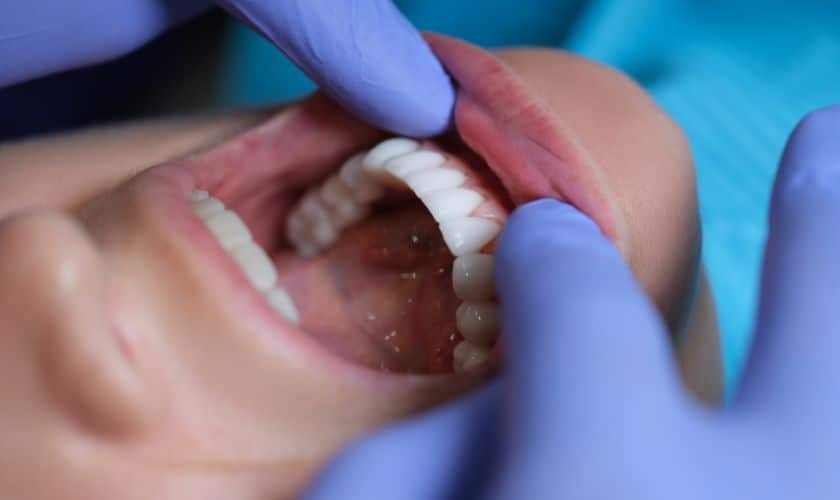If you’ve ever suffered the effects of prolonged stress, then you may find it hard to believe that our stress reaction is actually a useful defense mechanism. Normally, stress places your senses on high alert and increases your reaction time, helping you survive in the face of predators and other aggressors.
Admittedly, you will not likely face a roaming bear or hungry mountain lion in the streets of Southlake. However, life is still far from stress-free. When faced with today’s minor hassles, such as handling a large workload or dealing with especially abrasive personalities, your body registers them as threats and goes into stress mode. The result is often a continuous feeling of being under attack, and excessive stress can take its toll on numerous aspects of your oral health.
When Teeth Are Stressed Out
Luckily, your teeth don’t automatically fall into turmoil just because you’ve been under a lot of stress. However, stress can affect your life, your habits, and your body’s proper function enough to result in danger to your mouth’s wellbeing. Systemic health problems that can result from excessive stress include heart disease, trouble sleeping, depression, and many others.
Compared to prolonged stress and any of these issues, your dental hygiene may seem less important than other concerns, and your daily hygiene routine may suffer for it. A lax hygiene routine increases your risk of developing tooth decay and gum disease. Because stress lowers your immune system’s ability to fight bacteria and infection, hygiene is even more important during times of emotional duress.
How Stress Damages Your Teeth
One of the more common and direct effects of stress on your teeth is the habit of tooth-grinding, called bruxism. Many people grind or clench their teeth when angry or displeased, but when you habitually do so, the undue pressure on your teeth can lead to a host of problems.
Cracked or fractured teeth are a typical result of untreated bruxism, and the joints that hold your jaw to your skull can become overtaxed and damaged from the constant, undue force. The damage to your temporomandibular joints (TMJs) can lead to extreme discomfort known as TMJ disorder, which can be felt throughout the head, neck, face, and mouth regions.





